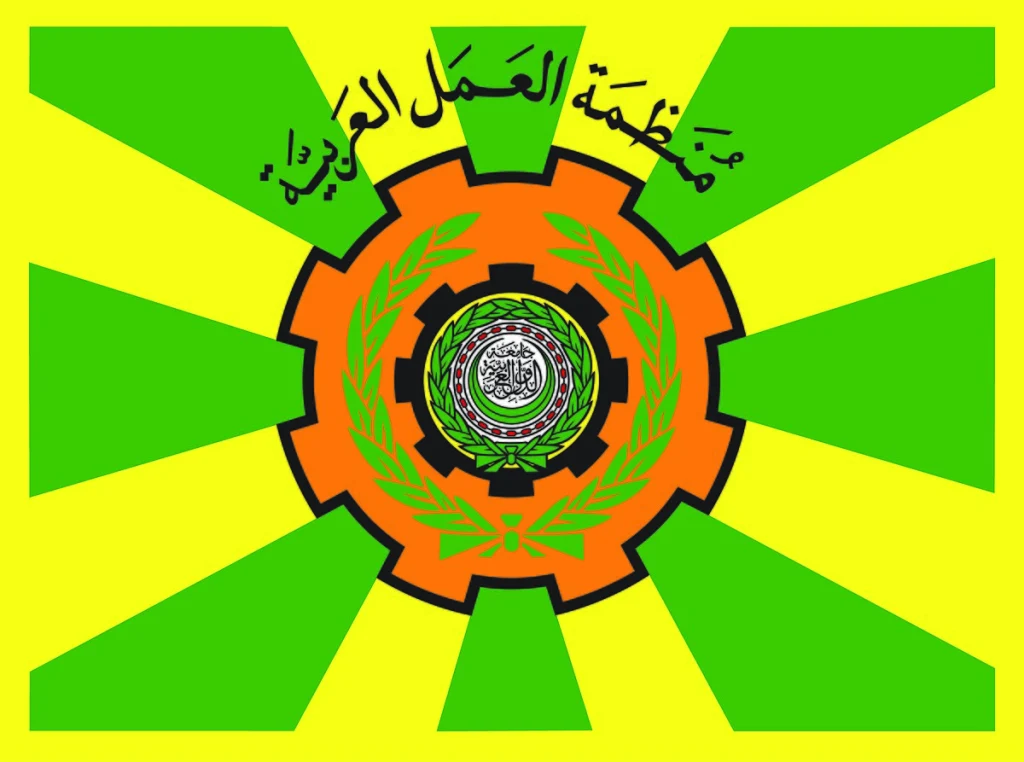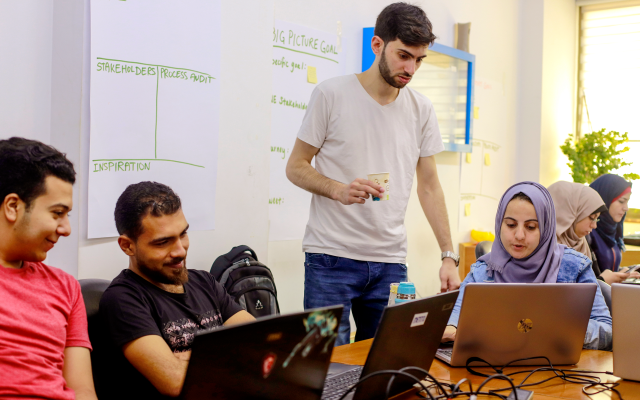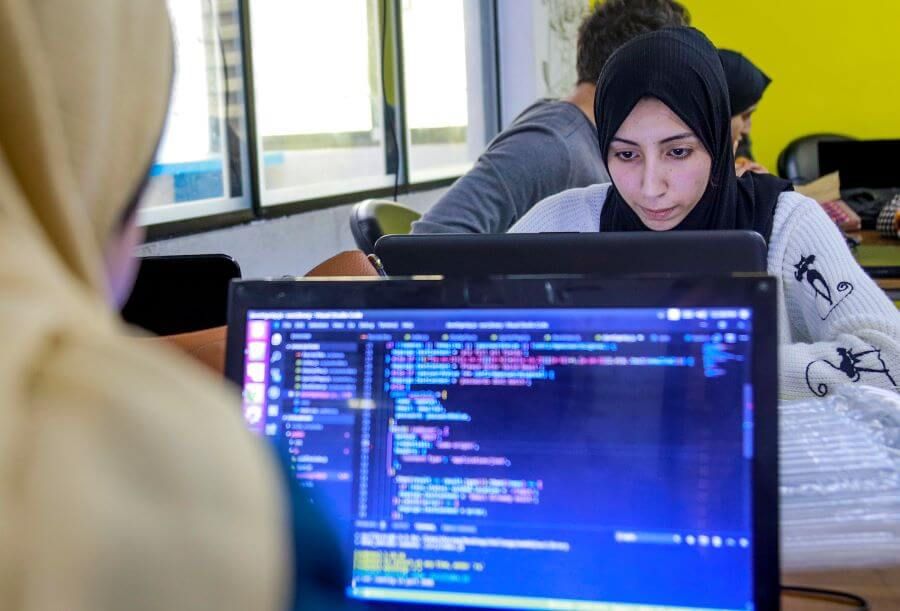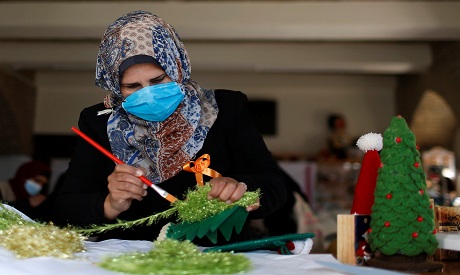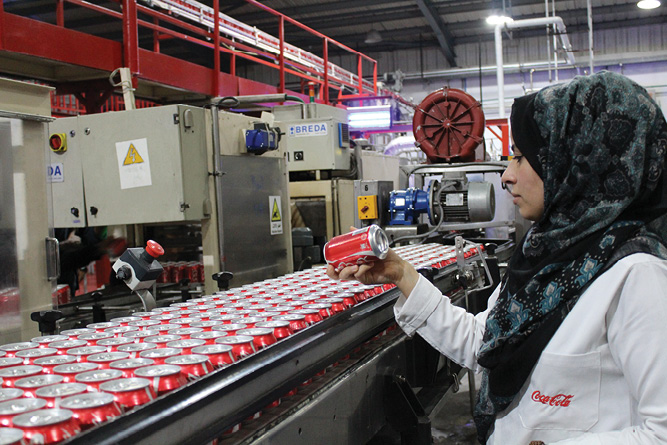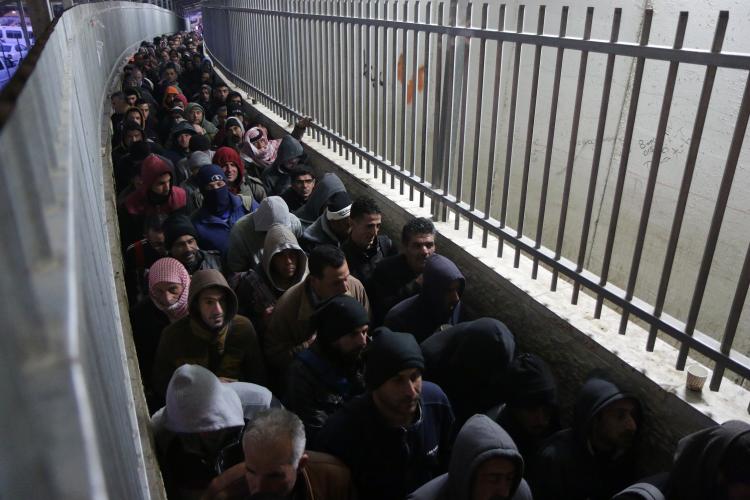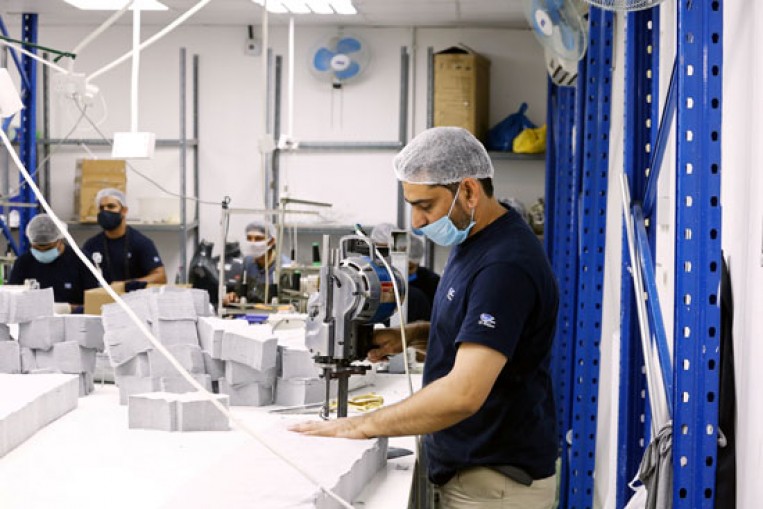Partner's Meeting to Support PES
The Palestinian Ministry of Labour, in collaboration with the Prime Minister’s Office, is partnering with the ILO, the Arab Labour Organization and the Government of Germany to hold a Partners’ Meeting that seeks to chart a path to job opportunities and gainful employment for Palestinian women and men, especially youth.
Through the Palestinian National Employment Strategy (NES) 2021–25 and its combined set of policy measures, action programmes and investments, Palestinian governmental authorities aim to improve employment outcomes including through the creation of more and better jobs.
The meeting will provide an opportunity to discuss the needs identified in the NES, to align existing and planned interventions and to identify funding gaps in order for partners to scale up support for the implementation of the NES.
Participants: This meeting will engage key stakeholders, development partners, UN agencies, international financial institutions, and Palestinian business organizations and trade unions to discuss and identify ways forward that are central to employment creation.
Date: February 23, 2023.
Until
Partners' Meeting
01
IMPROVING LABOUR INSPECTION AND ADDRESSING INFORMALITY
While limited information is available on informality and the informal economy in the Occupied Palestinian Territory (OPT), it has been estimated that some 140,000 workers are employed in the informal sector.
02
STRENGTHENING THE LABOUR MARKET INFORMATION SYSTEM (LMIS)
The Palestinian Labor Market Information System (LMIS) was developed in 2012-13 as a service of the Employment General Directorate within the Ministry of Labour (MoL). Its development was part of a growing recognition that labour sector reforms require a more inclusive and integrated approach to meeting the pressing needs of jobseekers, workers and employers for information.
03
SUPPORTING ENHANCED PUBLIC EMPLOYMENT SERVICES
Skilled labor is lacking in the Palestinian jobs market, and the Palestinian Authority is committed to supporting employers in finding the skilled manpower they need and to boosting economic growth through decent work. Public employment services are delivered via three different vehicles, each of which lacks the proper linkages and capacity to fully implement the programs under their purview. These vehicles are as follows…
04
LINKING SOCIAL PROTECTION WITH LABOUR MARKET ACTIVATION
The Palestinian Authority is committed to combating poverty and marginalization by improving social assistance targeting and integrating socioeconomic empowerment programmes with this assistance.
05
ENHANCING INSTITUTIONS AND STRUCTURES OF SOCIAL DIALOGUE AND SOCIAL SECURITY
While Palestinians have a strong labour union tradition, unions have been weakened over time. There were 572 Palestinian Trade Unions in 2019…
06
STRENGTHENING TVET SYSTEMS AND INCREASING TVET ENROLMENT IN LINE WITH LABOUR MARKET NEEDS
The Palestinian Authority has prioritized increasing enrolment in TVET centers to counter unemployment and bridge the supply–demand gap in the labor market. As such, the National TVET Commission was established by Decree-Law No. (4) of 2021, with the aim of stablishing a national policy, regulatory and supervisory references for the TVET sector, and building a TVET system capable of contributing to social and economic development, in line with national policies and international standards.
07
IMPROVING THE BUSINESS ENVIRONMENT
As employment in the Palestinian economy largely depends on family, micro- and small-sized enterprises, incentivizing youth to engage in self-employment, freelance work, and entrepreneurship in start-ups and innovation companies while reducing administrative and procedure obstacles, particularly in production and technical sectors, are a cornerstone for Palestinian private sector development and for promoting decent work and full and productive employment.
08
PROMOTING GROWTH AND EMPLOYMENT CREATION IN PRIORITY SECTORS
The COVID-19 crisis erupted at a time when the Palestinian economy was observing growth in non-tradable sectors – particularly services, wholesale and retail trade and housing. In these areas, some subsectors require small-capital investments and are relatively less susceptible to political shocks.
09
SUPPORTING ENTREPRENEURSHIP
As employment in the Palestinian economy largely depends on family and micro and small enterprises, incentivising youth to engage in self-employment and freelance work, and promoting entrepreneurship development and innovative business start-ups, while also reducing administrative and procedure obstacles, particularly in production and technical sectors, are critical for the development of the Palestinian private sector and for achieving the employment objectives.
10
SUPPORTING LOCAL PRODUCTS
For a small economy such as the Palestinian one, to achieve sustainable growth largely depends on competitiveness in both domestic and external markets and increased commodity and service exports. The Palestinian economy has lost this capability due to poor policies for competitiveness, external restrictions on trade and access to resources, political instability, and a weak business environment.


